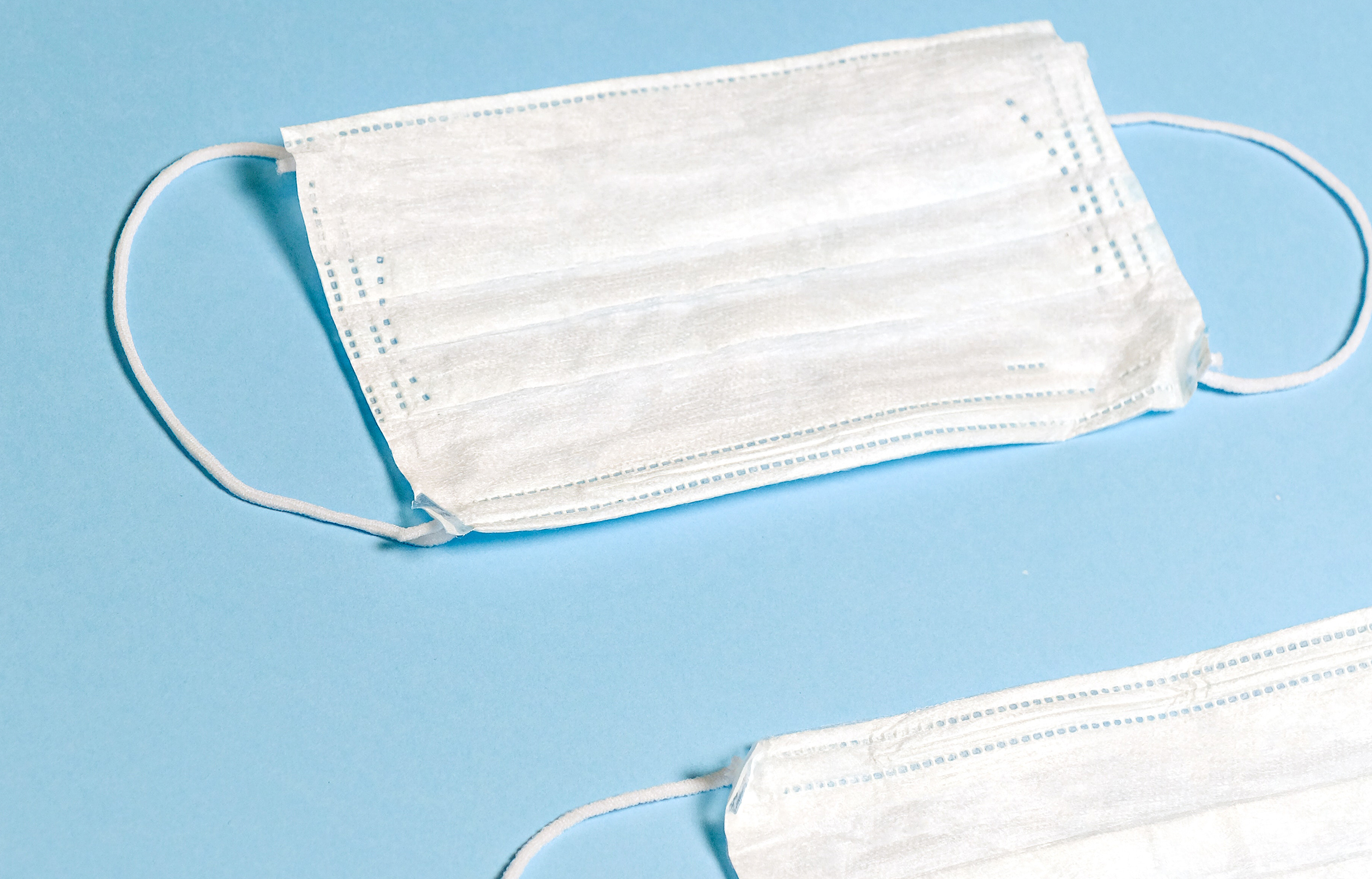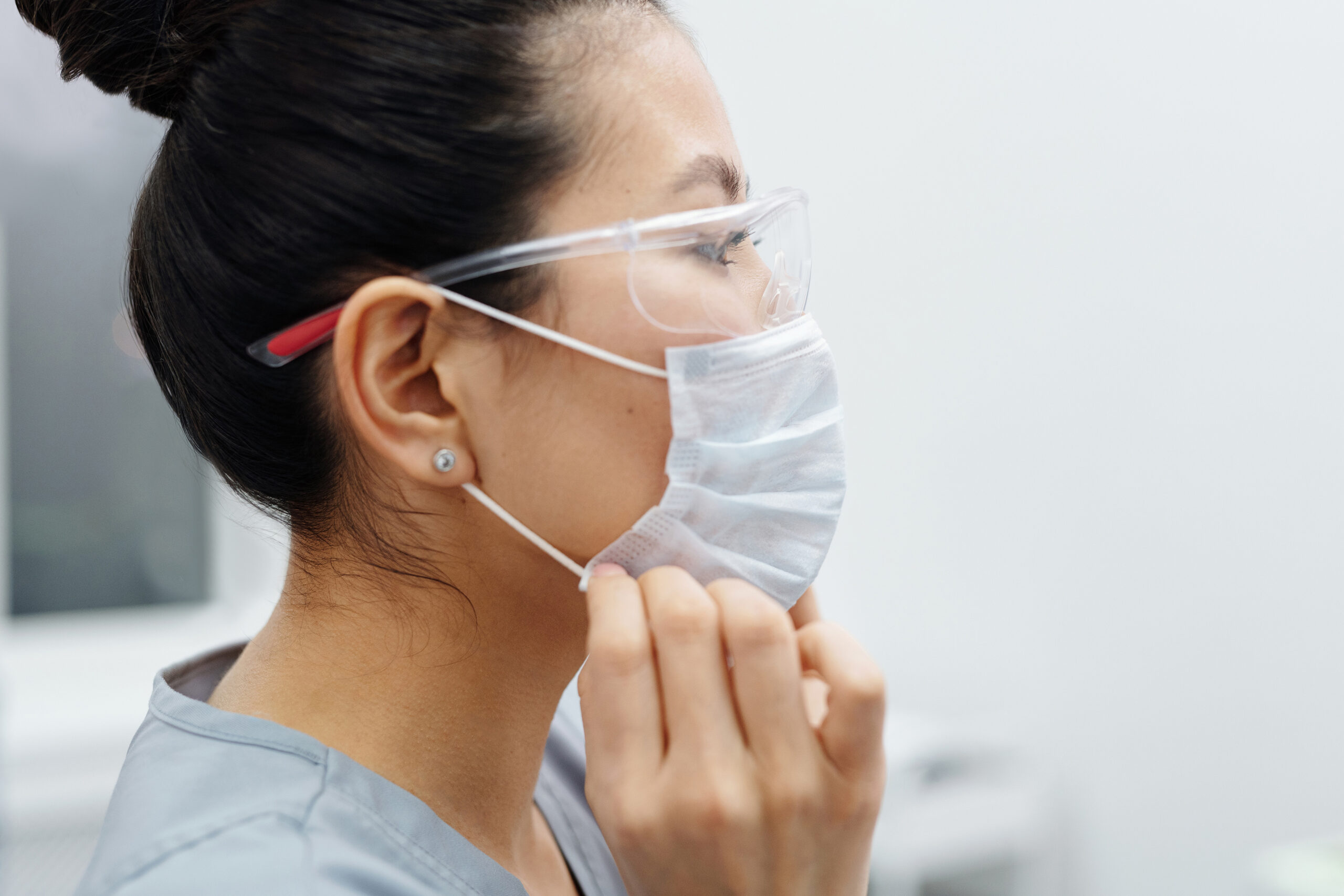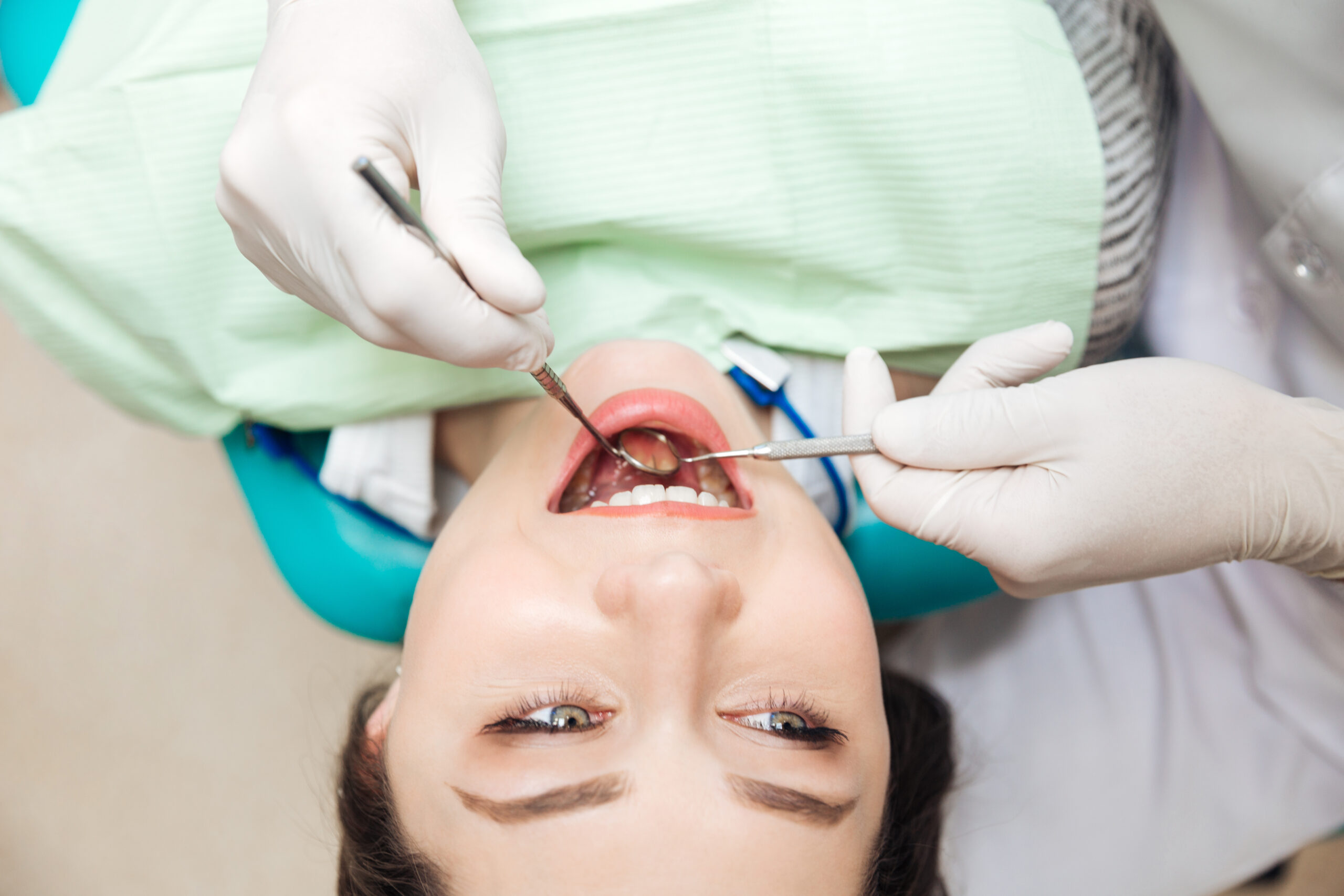At Kennett Road Dental Practice, we are happy things can start getting back to normal. Well done to the NHS, the vaccination program and those who have chosen to get vaccinated. Every little helps as we continue to work to stop the spread of the Coronavirus. Some people have asked about our policy on those visiting our practice continuing to wear masks. We’d like to explain our current policy and explain why this decision has been made.
Firstly, rest assured that we are not talking about ourselves when we bring up the question of whether or not masks should be worn in the surgery. Our staff will continue to wear face coverings to protect you and dentists, hygienist, nurses and receptionists will continue to wear PPE, including masks, as we’ve always done.
Since the lifting of restrictions, many have rejoiced over the freedom of being able to choose whether they wear a mask or not in public places and inside business premises. We don’t wish to take away anyone’s freedom or choice, but at Kennett Road Dental Practice, we will continue to ask you to wear a face covering for the time being, if you can. By this we mean that if wearing a mask makes you very distressed or somehow affects your health, then do not worry. As before, we understand that certain people may be exempt from wearing face coverings and that some people may have adverse reactions to wearing masks. We would prefer our patients to be as relaxed as possible for their appointments. Anxiety helps no one in dentistry. If you cannot wear a mask for valid medical reasons, we will ask you to wear a face shield.

However, if you can wear a mask, we ask that you do so, while in the reception area and waiting areas. We expect it goes without saying, but you will not need to wear your face covering while in the dentist’s chair or while treatments are carried out for the obvious reason that we will need access to your mouth. We’re still asking patients to wear masks in other areas though because of the advice that we continue to be given. So, let’s see what the experts have to say on the subject:
- The British Dental Association advises that “patients should attend wearing a mask if possible or be prepared to wear one. A distance of at least two metres must be observed if another patient is present in the dental practice.”
- The NHS says, “NHS visitor guidance will stay in place across all health services including hospitals, GP practices, dental practices, optometrists and pharmacies to ensure patients and staff are protected. Staff, patients and visitors will also be expected to continue to follow social distancing rules when visiting any care setting as well as using face coverings, mask and other personal protection equipment.”
- The Dental Tribune writes that “although people in England are no longer obliged to wear face masks when entering establishments such as shops, healthcare organisations in the UK have recently urged the government to keep face masks mandatory in healthcare settings.”
- The General Dental Council advise that “infection prevention and control measures – such as social distancing and wearing a face covering – are staying in place for all healthcare settings across the UK, and for good reason. Everyone needs to be able to access dental treatment, including those who are clinically vulnerable, and members of the dental team of course need to be able to protect themselves too, not least to ensure they can stay open and continue providing the vital services to their patients that they do.”
We ask that you continue to protect those who are vulnerable by wearing your mask while visiting our dental practice. We must remember that although many people are double vaccinated (which is wonderful), that the virus is still around, is still extremely infectious and for some it can be dangerous. Masks protect others as well as yourself, so while a calculated risk might be acceptable to you, it could be fatal for someone else. We are continuing to carry out extra sterilising and cleaning on top of our usual exemplary hygienic protocols to keep us all as safe as we can possibly be. Please do your bit by wearing a mask to your appointment and be respectful of others.


